When leadership means something different
Culture significantly influences how the following statements are made, and how people respond to them.
- “We should take the initiative”
- “We should wait until we are asked for help”
- “This could turn out to be a great political manoeuvre”
- “Let’s not do anything, as it might be seen as a sign of weakness”
- “We should take control”
Learning how other cultures define and express leadership is crucial in gaining and maintaining market share for any business trying to expand its operations beyond its own borders.
While it is often easier to emphasise specific leadership attributes we believe a particular situation might need, this is sometimes inadequate as we interact with organizations in different countries.
Wibbeke highlights the importance of valuing intercultural perspectives and compares leadership definitions between eastern [collective, holistic, spirituality-based] and western cultures [hierarchical, authority-based, and individualistic] [i] .
For example,
- In French, leadership (‘conduite’) means to guide one’s own behavior, to guide others, or command action. Although the French are famous for protesting, in France, authority holds deference and respect
- In German, leadership (‘Führung’) means guidance. In organizations, it is construed as a way to reduce uncertainty. The leader guides action and motivates others through guiding by certain rules
- In Chinese, leadership means ‘the leader and the led.’ The leader is one who ‘walks in front’ and guides the group through teaching ‘the way.’ The implication is that leadership can only occur through relationship
- In Arabic, the word ‘Sheikh’ has different meanings according to the regional culture within the Middle East. Literally, ‘Sheikh’ means a man over 40 years. However, in the Gulf and Saudi Arabia it means a person from the Royal Family, and in Egypt, a scholar of religion. In Lebanon, ‘Sheikh’ means a religious leader, even among Christians.
All of this to confirm that leadership is not the same in every culture.
What’s the bottom-line?
It should come as no surprise that the words we use to define leadership in our own culture can often cause confusion and offense when dealing with people from a different ethnic origin. Understanding this reality has wide-reaching implications for how effective we are in building strategic business partnerships outside our current borders, and how we respond to a culturally-diverse workplace.
[i] E. S. Wibbeke, Global Business Leadership (Oxford: Butterworth-Heinemanne, 2009), 18.
Related Content




Comments